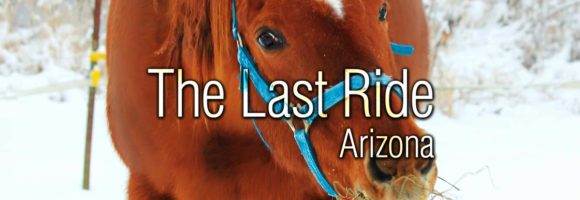Feeding Your Horse the Proper Diet

In an ideal situation, your horse should have constant access to high-quality forage as the primary part of its diet. This can come in the form of fresh grass or hay. If your horse is allowed to go without constant access to forage, it can develop ulcers as well as other digestive issues. At the same time, it is also important to ensure your horse maintains its proper weight, which means you have to find some way to monitor your horse’s food intake.
How Much Is Enough?
A number of different factors go in to determining how much your horse needs to eat, including its overall condition and its activity level. Generally speaking, however, most horses should eat between 2 percent and 2.5 percent of their body weight in pounds of hay or with supplemented feeds.
Is Grain a Good Supplement?
Grain can be a good addition to your horse’s diet, but it is important to remember that it should still primarily consist of roughage. Grain should be used to ensure your horse’s diet is meeting its caloric and nutritional needs. Even active horses typically only need a few pounds of grain each day.
It is important to remember that grain digests quickly, which will leave your horse’s stomach empty and can create gasses in the intestines. In addition, foals that are fed a “high energy” diet may develop bone and joint problems, while adults with certain muscle disorders may have their symptoms worsened due to the high carbohydrates found in the grains. Therefore, it is important to consult with your veterinarian to determine the diet that is right for your horse.